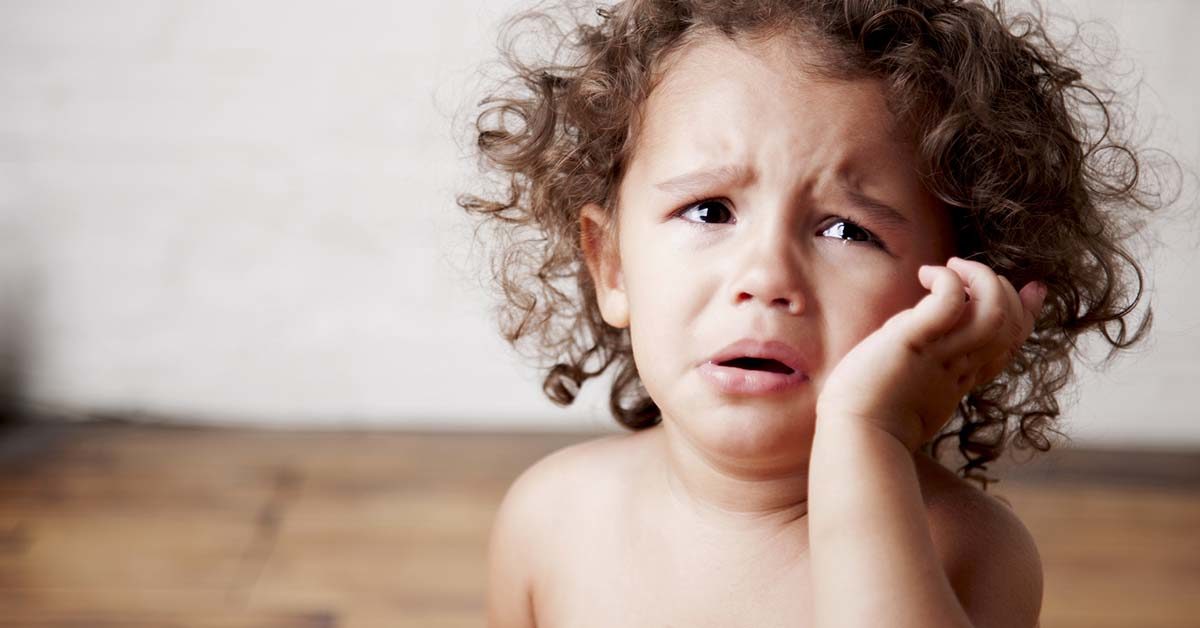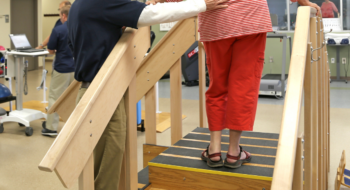Learning to balance is a part of growing up and, like most things, it takes practice during which kids may wobble, teeter, totter and fall over.
But once children get their footing, the falls and stumbles shouldn’t be an everyday thing, according Christy Corbin, a physical therapist at Tidelands Health Pediatric Rehabilitation Services at Azalea Lakes.
“Children typically start walking between 12 and 15 months or for some a little bit earlier,” she says. “So if they’re falling in that age range, that’s normal, but by the time they’ve been walking pretty steadily, between the ages of 2 and 3, you expect to see fewer falls and better control with walking.”
One way to help determine if your child is having developmental issues related to balance and coordination is to watch him or her on the playground with other kids who are of a similar age and see if your child can keep up with everyone else
“If you’re finding they can’t keep up with their peers, that’s something that we want to pay attention to,” Corbin says.
Other indicators that parents can look for in their children’s behavior include having trouble stepping up on a curb or with changes in surface such as going from grass to concrete. Additionally, falling and not trying to catch themselves with their hands, which is a natural protective reaction, is a behavior that you should bring to the attention of your child’s physician.
Options
If your child’s doctor is concerned there’s an issue with balance, he or she can refer you to a physical therapist such as Corbin to perform some tests to see ultimately what could be causing the problems.
Balance is achieved through three major body systems: the proprioceptive system, which has to do with your muscles and joints; the ocular system, which involves the eyes; and the vestibular system, which is made up of the inner ear and parts of the brain. So, if your little one is having trouble with coordination, it could be one or more problems with any of these body systems.
Pediatric physical therapy can help a child benefit from better equilibrium, and it’s usually pretty fun, too.
“We use play to treat the child,” Corbin says. “We do obstacle courses. We do a lot of imaginative play. We have a lot of toys. So we’re always having to keep them engaged and playing to get them to do the work that we need them to do.”
You should consult with your children’s physician before attempting any sort of therapy. A doctor can help you decided the best course of action for any balance issues a child may be experiencing.
Enjoying this story? It’s free to republish. Learn more.





